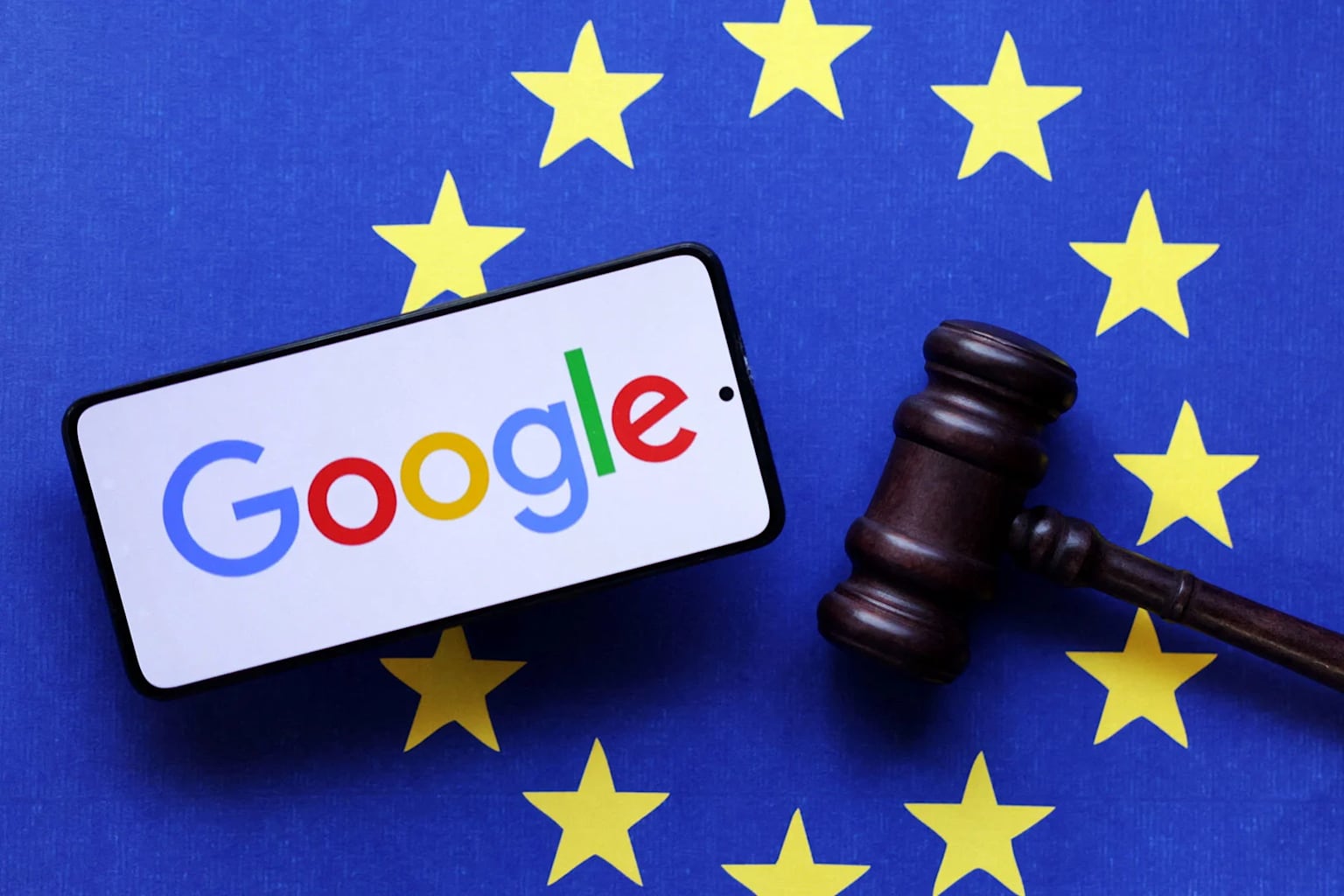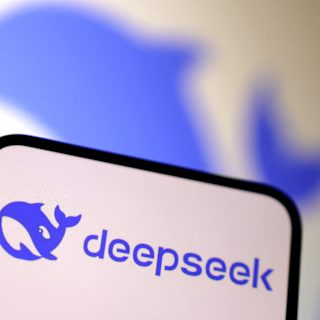- Publishers Challenge Google's AI Summaries
- Chegg's Earlier Challenge
- Google's Response and Industry Impact
Google faces a mounting wave of antitrust challenges over its AI Overviews feature, with independent publishers filing a fresh complaint with the European Commission last week alleging the tech giant abuses its search dominance to siphon traffic and revenue from content creators.
The European complaint, submitted June 30 by the Independent Publishers Alliance, joins a February lawsuit filed by education company Chegg in U.S. federal court, creating a two-front legal battle that could reshape how AI integrates with online search.

The European Commission complaint alleges Google "abuses its key position in the online search market" by positioning AI-generated summaries above traditional search results, according to a document seen by Reuters1. The Independent Publishers Alliance argues that Google's AI Overviews cause "harm to publishers, including news publishers in the form of traffic, readership and revenue loss"2.
The complaint, backed by the Movement for an Open Web and British nonprofit Foxglove Legal, seeks interim measures to prevent what publishers describe as "irreparable harm"3. Publishers cannot opt out of having their content used for AI summaries "without losing their ability to appear in Google's general search results page"1.
Google's AI Overviews, launched globally in May 2024, appear at the top of search results in more than 100 countries1. The company began adding advertisements to these summaries last May2.
Earlier legal action came from Chegg, which sued Google in February claiming the search giant's AI feature transformed it from a "search engine" into an "answer engine"1. The Santa Clara-based education technology company reported a 49% drop in non-subscriber traffic by January 20251.
Chegg's lawsuit, filed in U.S. District Court for the District of Columbia, accuses Google of "unfair competition" and alleges the company forces content providers to supply material in exchange for search visibility2. The case was assigned to federal judge Amit Mehta, who ruled in August that Google illegally maintained a search monopoly3.
Google defended its AI features, telling Reuters that new AI experiences "enable people to ask even more questions, which creates new opportunities for content and businesses to be discovered"1. The company attributes traffic fluctuations to "seasonal demand, interests of users, and regular algorithmic updates"1.
Rosa Curling, co-executive director of Foxglove Legal, warned that "independent news faces an existential threat" from Google's AI Overviews2. The tension reflects a broader struggle between AI innovation and traditional content economics, as publishers grapple with technology that synthesizes their work without compensation while potentially reducing their audience reach.



